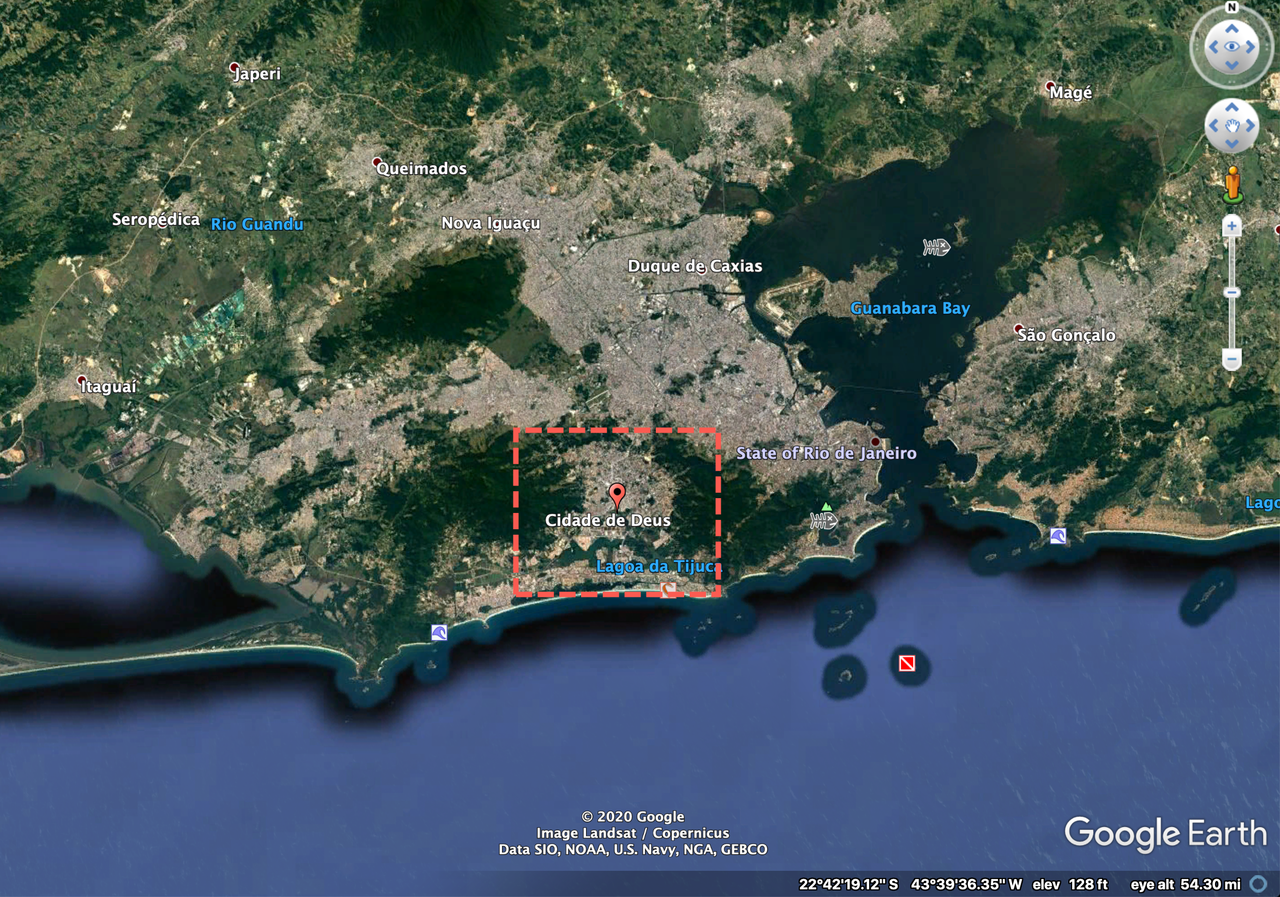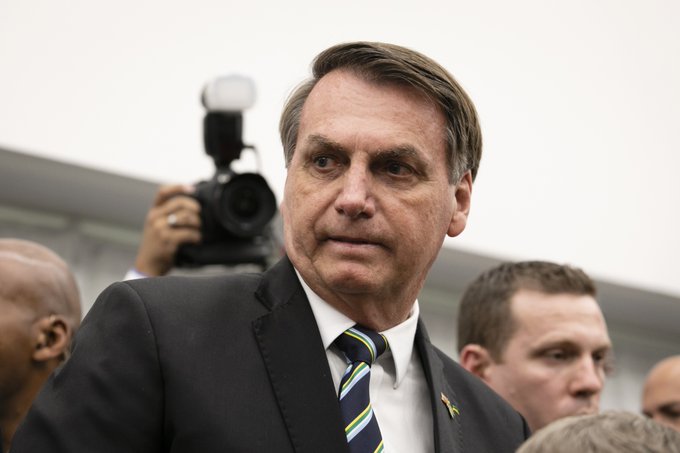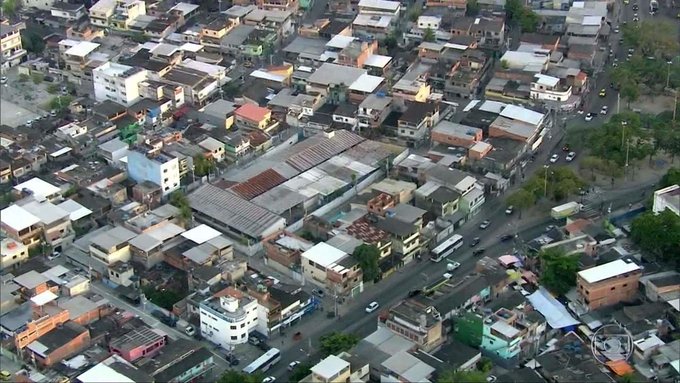Plain Jane
Just Plain Jane
February 2020's thread is here.
 xf.timebomb2000.com
xf.timebomb2000.com

 www.reuters.com
www.reuters.com
NEWS
MARCH 1, 2020 / 6:08 AM / UPDATED 7 MINUTES AGO
Uruguay presidential inauguration sees Latin 'pink tide' recede further
Fabian Werner
3 MIN READ
MONTEVIDEO(Reuters) - Uruguay will shift to the right on Sunday with the inauguration of conservative Luis Lacalle Pou as president after 15 years of left-wing rule.
Uruguay's President elect Luis Lacalle Pou shakes hands with Spain's King Felipe VI, after a meeting in Lacalle's residence, a day before he swears in as the President of Uruguay, in Canelones, Uruguay February 29, 2020. REUTERS/Mariana Greif
Lacalle Pou has vowed to tame the small South American nation’s high fiscal deficit and sign fresh trade deals to dig the beef and soy exporter out of an economic rut.
He faces a delicate balancing act between his two powerful and ideologically-opposed neighbors, Brazil, run by far-right President Jair Bolsonaro, and Argentina, where left-leaning Peronist Alberto Fernandez recently took office.
Bolsonaro is due to attend the inauguration at Montevideo’s Legislative Palace, at 1300, along with fellow rightist presidents Sebastian Pinera of Chile and Ivan Duque of Colombia. Argentina’s Fernandez said he could not attend because of scheduling problems.
Lacalle Pou has already broken with Uruguay’s previous foreign policy norms, declaring the presidents of Venezuela and Cuba to be “dictators.”
Lacalle Pou, 46, the son of a former president, won election in November by a slim margin, defeating the candidate of the Broad Front, which has been in power for 15 years.
Uruguay, a nation of around 3.5 million people known for its cattle ranches and liberal policies on legalized marijuana and abortion rights, has enjoyed an extended period of stability and growth, but has seen its economy stall amid global trade tensions and bad crop weather that dented agriculture.
Uruguay´s fiscal deficit is equivalent to 4.7% of its gross domestic product, according to data from the central bank at the end of 2019, while last year GDP growth was just 0.5% compared with 7.8% in 2010.
Lacalle Pou will lead a government made up of a coalition of five political parties. He has been in discussions with U.S. President Donald Trump’s administration to sign a free-trade agreement, which would mark a new direction in relations with the global superpower.
Despite economic concerns, all risk rating companies that audit the Uruguayan economy have maintained it at investment grade in their latest reports, giving the new government some breathing space.
Reporting by Fabian Werner; Writing by Nicolas Misculin and Aislinn Laing; Editing by Leslie Adler
Our Standards:The Thomson Reuters Trust Principles.
MORE FROM REUTERS
INTL - Latin America and the Islands:Politics, Economics, Military- February 2020
January's thread is here: http://xf.timebomb2000.com/xf/index.php?threads/latin-america-and-the-islands-january-2020.566037/ https://apnews.com/20679222af0b4484ec0ea00a497cd605 AP exclusive: Law firm dumps Maduro official amid outcry By JOSHUA GOODMAN BOGOTA, Colombia (AP) — A U.S. law firm...

Uruguay presidential inauguration sees Latin 'pink tide' recede further
Uruguay will shift to the right on Sunday with the inauguration of conservative Luis Lacalle Pou as president after 15 years of left-wing rule.
NEWS
MARCH 1, 2020 / 6:08 AM / UPDATED 7 MINUTES AGO
Uruguay presidential inauguration sees Latin 'pink tide' recede further
Fabian Werner
3 MIN READ
MONTEVIDEO(Reuters) - Uruguay will shift to the right on Sunday with the inauguration of conservative Luis Lacalle Pou as president after 15 years of left-wing rule.
Uruguay's President elect Luis Lacalle Pou shakes hands with Spain's King Felipe VI, after a meeting in Lacalle's residence, a day before he swears in as the President of Uruguay, in Canelones, Uruguay February 29, 2020. REUTERS/Mariana Greif
Lacalle Pou has vowed to tame the small South American nation’s high fiscal deficit and sign fresh trade deals to dig the beef and soy exporter out of an economic rut.
He faces a delicate balancing act between his two powerful and ideologically-opposed neighbors, Brazil, run by far-right President Jair Bolsonaro, and Argentina, where left-leaning Peronist Alberto Fernandez recently took office.
Bolsonaro is due to attend the inauguration at Montevideo’s Legislative Palace, at 1300, along with fellow rightist presidents Sebastian Pinera of Chile and Ivan Duque of Colombia. Argentina’s Fernandez said he could not attend because of scheduling problems.
Lacalle Pou has already broken with Uruguay’s previous foreign policy norms, declaring the presidents of Venezuela and Cuba to be “dictators.”
Lacalle Pou, 46, the son of a former president, won election in November by a slim margin, defeating the candidate of the Broad Front, which has been in power for 15 years.
Uruguay, a nation of around 3.5 million people known for its cattle ranches and liberal policies on legalized marijuana and abortion rights, has enjoyed an extended period of stability and growth, but has seen its economy stall amid global trade tensions and bad crop weather that dented agriculture.
Uruguay´s fiscal deficit is equivalent to 4.7% of its gross domestic product, according to data from the central bank at the end of 2019, while last year GDP growth was just 0.5% compared with 7.8% in 2010.
Lacalle Pou will lead a government made up of a coalition of five political parties. He has been in discussions with U.S. President Donald Trump’s administration to sign a free-trade agreement, which would mark a new direction in relations with the global superpower.
Despite economic concerns, all risk rating companies that audit the Uruguayan economy have maintained it at investment grade in their latest reports, giving the new government some breathing space.
Reporting by Fabian Werner; Writing by Nicolas Misculin and Aislinn Laing; Editing by Leslie Adler
Our Standards:The Thomson Reuters Trust Principles.
MORE FROM REUTERS






.jpg)



























 @Aka_da_tijuca
@Aka_da_tijuca








